10 Things You Didn't Know About Isaias Afwerki (President of Eritrea)
Description
10 Things You Didn’t Know About Isaias Afwerki
Hello Displorers, Welcome back to another exciting video and thanks for watching, In this video, we shall be taking you all the way to Eritrea and we shall be shining the light on its president, Isaias Afwerki. Isaias Afwerki is the current president of Eritrea a position he has been holding since the independence of the coutry. He was born on febuary 2nd 1946 in Asmara, The capital city of Eritrea. He attended Prince Makonnen High School. In the early 1960s, he joined the nationalist Eritrean student movement. He led the Eritrean People's Liberation Front to victory in May 1991, ending the 30-year-old war for independence. Isaias is the leader of Eritrea's sole legal political party, the People's Front for Democracy and Justice. When Isaias was born in 1946 in Asmara, the city was under the United Nations mandated control of the United Kingdom. Isaias studied engineering in Ethiopia at the University of Addis Ababa, but he left the university in 1966 to join the ELF. During Ethiopia’s own revolution in 1974, Isaias led the highland dominated Eritrean People’s Liberation Front. In 1987 he was elected secretary-general of the EPLF.
If you are new here, welcome. Be sure to subscribe and turn on notification so that you don’t miss any of our videos.
In the years that followed, Isaias gradually consolidated his power over virtually every aspect of Eritrean life, serving additionally as commander in chief of the army and as chairman of the country’s sole political party, the People’s Front for Democracy and Justice, PFDJ as the EPLF renamed itself in 1994 gaining him international recognition. So Let’s take a closer look at this African leader with the 10 Things you didn’t know about Isasias Afwerki.
1. He Is The First And Only President Of Eritrea
After years of military struggle, the EPLF defeated Ethiopian troops in May 1991. A provisional government was put in place with Isaias at the head, and a referendum on Eritrean independence from Ethiopia was planned for the future. Eritreans voted overwhelmingly in favor of independence in a referendum, which was held in April 1993. The next month Isaias was elected president of Eritrea by the National Assembly as well as chairman of the aforementioned body, giving him control of both the executive and legislative branches of government. On May 24 he officially proclaimed Eritrea’s independence and has held the position of the president since then as well as being the leader of the successful Eritrean People’s Liberation Front, the EPLF.
2. Afwerki Joined The Eritrean Independence Struggle In 1966
Afwerki was studying engineering in Addis Ababa in 1966, when he decided to abandon his studies to join the 30 year Eritrean War for Independence, also known as the “Gedli’’. He travelled to Kassala, Sudan, through Asmara to join the Eritrean Liberation Front, ELF. The next year in 1967, the Chinese government donated light weapons and a small amount of cash to cover the cost of transportation and provided training to ELF combatants. Isaias was among the first group that went to China in 1967. There, he received intensive military training. Upon his return, he was appointed as a political commissioner of the ELF's Zone 5 in the Hamasen region. Isaias played a key role in the grass-roots movement which rapidly gathered momentum and brought about the demise of the zonal divisions of the liberation army.
3. Afwerki Was Once Viewed As A Beacon Of Hope For Eritrea.
When he first came to power, Afwerki shunned the “cult of personality” adopted by many African leaders, earning him praise from international observers as a positive force for Eritrea. He was also praised for his commitment to building governmental infrastructure and electoral system. Then-U.S. President Bill Clinton described him as a “renaissance leader.” But Eritrea has since dropped below North Korea for press freedom. Under Afwerki’s rule, Eritrea is now ranked as the world’s worst country for freedom of the press, worse even than North Korea. He has closed all independent media and is known for jailing journalists critical of his administration.He canceled the 1997 presidential elections, and in 2001 he virtually closed the national press. That same year he had several prominent opposition leaders arrested and charged with treason.
4. He's The Only Leader In Africa That Can Be Seen Walking Around In Urban Centers Without Any Security Detail.
”

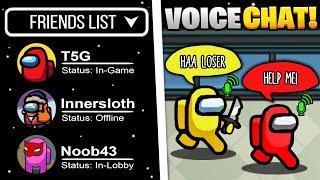
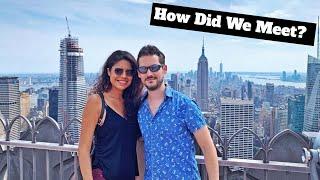




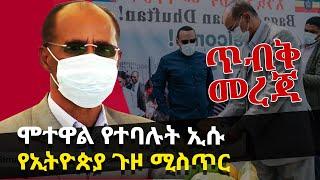





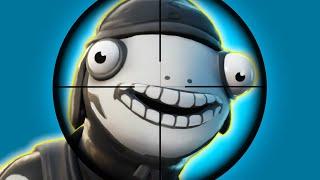

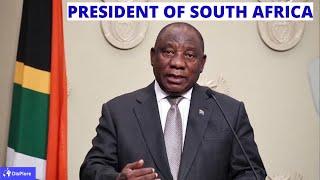

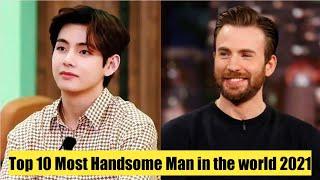


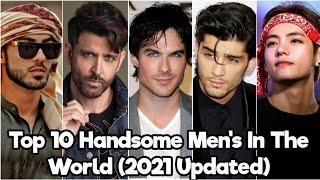
Comments